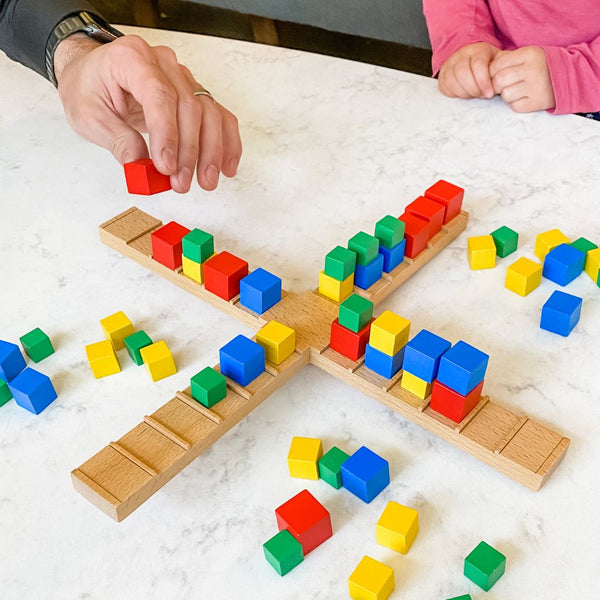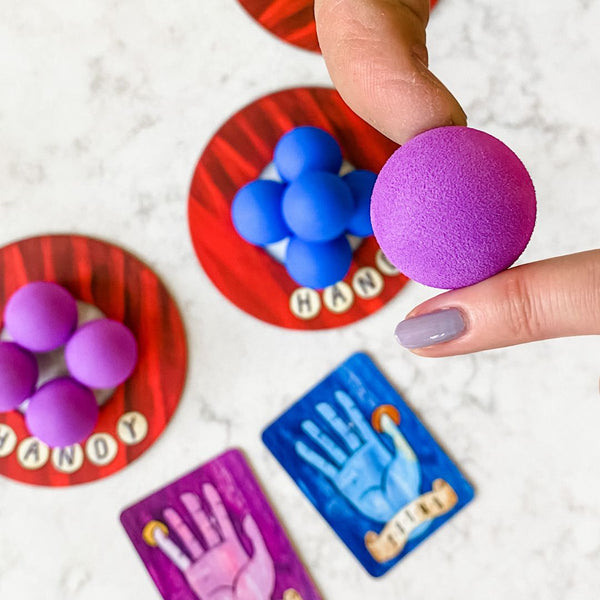Games from the Heart

By Matt Brown, member of SimplyFun's Play Advisory Council
In some ways, all games can involve social and emotional learning. At a minimum, you learn how to experience and manage the feelings of winning or losing. But at a maximum, games can be robust tools for experiencing and learning about a wide array of emotions as well as building connections with others in the game.
An obvious example of robust social-emotional learning through games is playing a team sport. Maybe less obvious examples include karaoke, improv, charades and RPGs (role-playing games) like Dungeons & Dragons and the classic Midwest card-game Euchre.
Games Keep Us Playful and Present
The other day, my girlfriend Ashlie, her kid Jake, and I were on a long drive to grandma's house…literally! We started playing my favorite road trip game, Twenty Questions. As usual, the game involved turn-taking, teamwork, imagination, reasoning, the joy of winning, and the (mild) agony of defeat. Plenty of social-emotional activity and learning going on.
Then, Ashlie and Jake went off script. They started making wild, silly, absurd, and goofy guesses like:
"Is it the beak of a rubber chicken that's painted pink?"
"Is it a wool sweater accidentally put in the dryer?"
"Is it a T-Rex with extra long front arms?"
"Does it have an eye patch?"
We laughed and laughed and laughed. Our time was full of spontaneity, creativity, joy, surprise, excitement, experimentation, happiness, and collaboration. We all grew closer together. It was one of those heart-filling moments I'll never forget.
Games Are Great Social-Emotional Learning Tools
Games can also create the space for social-emotional learning and development to happen. For example, we've had Kilter on the kitchen table for months. Whether two or six people are playing, we are asking questions, telling stories, gently teasing, and having conversations unrelated to the game. Our minds seem to be more relaxed and receptive allowing us to go deeper into a topic or expand into new territories that would be more difficult if we were just having 'a discussion.' Games that require some focus and attention but are not too demanding, like chess, are also great for socializing, bonding, and community building.
Then, there are games that (by design) build social-emotional skills and knowledge. I've pulled out Eye to Eye on numerous occasions, including at the office with colleagues, new employees, and clients. It's a fantastic icebreaker game and always results in all the players learning more about each other.
Handy is challenging for us klutz's like me, but it is super for teaching cooperation, coordination, communication, empathy, turn-taking, focus, and self-control.
When my daughter was younger, we would break out the What If? Chat Ring while we were on long drives. Those What if? icebreaker questions were helpful in starting conversations, especially when she got old enough to read the prompts to choose what to ask.
Whatever the game you choose, there is a high likelihood of social-emotional development occurring during gameplay, leading to heartwarming bonding experiences for all involved.




